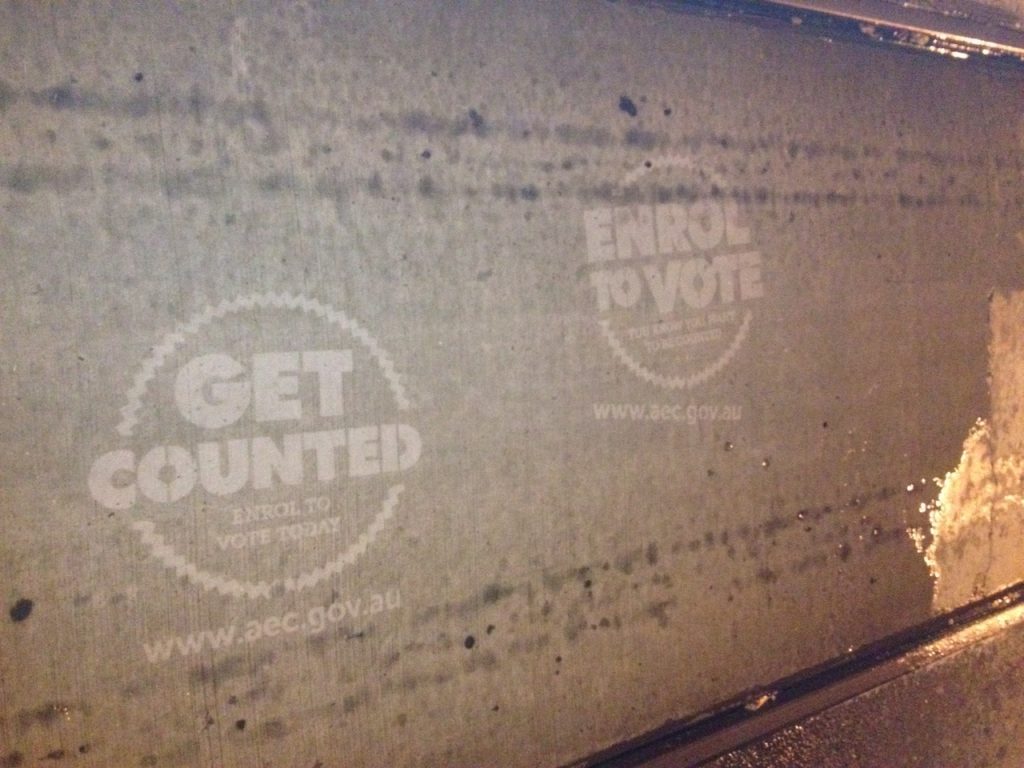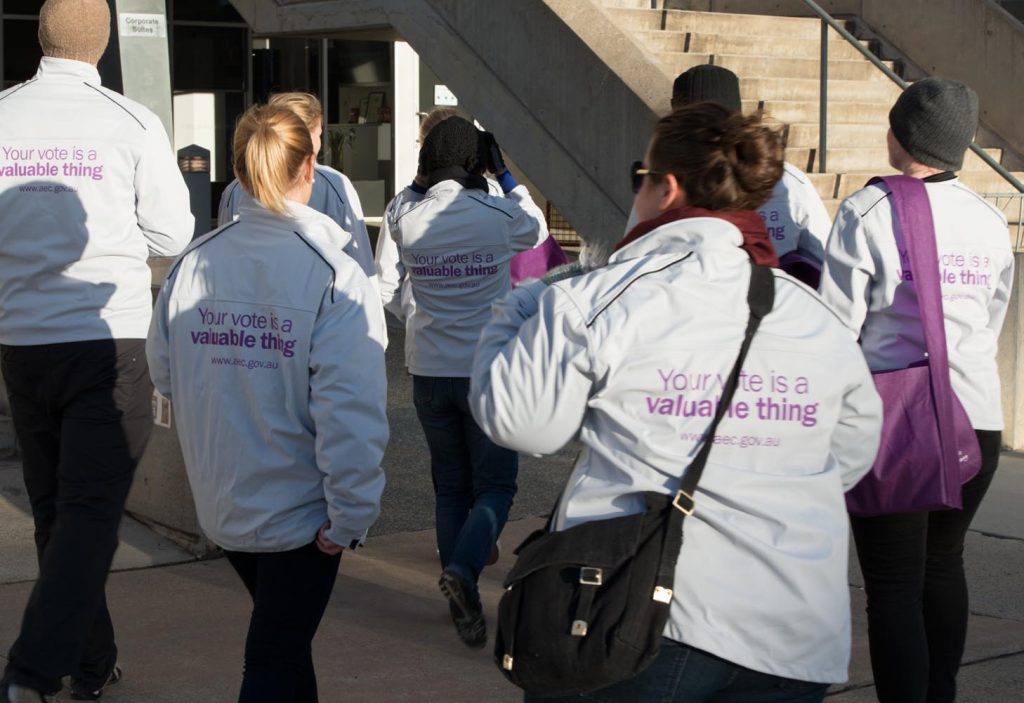The Government Doesn’t Know How Homeless People Will Vote In The Marriage Survey
"Woman up"

Some of Australia’s most vulnerable people — those with no fixed address — could be further disenfranchised in the postal survey on marriage equality, in an issue that will disproportionately affect young LGBTQI+ Australians who are over-represented in the homeless system.
In a compulsory election, the Australian Electoral Commission works closely with homeless support groups to sign up as many people with no fixed address to the electoral roll as possible. But the postal survey, should it survive a High Court challenge, will not be run by the AEC. It will be run by the Australian Bureau of Statistics [ABS], which has little experience running nationwide polls like the postal survey.
Homeless groups fear the government has not made adequate preparations to ensure young homeless people will be given postal ballots to have their say on same-sex marriage in the proposed postal survey.
Homeless Groups Speak Out

Wayne Merritt, Senior Manager of Frontyard Youth refuge in Melbourne, says he normally works closely with government agencies to sign up young voters, but has had no contact from the government ahead of the postal survey.
Merrit says his organisation, which provides emergency accommodation, legal and health services, and case management for Melbourne’s most vulnerable young people, deals with a disproportionate number of young people who identify as queer and will have a direct stake in the upcoming survey.
“[Being queer] is usually the reason that they’re homeless. It can lead to family breakdown, arguments at home, or they’re scared because of their family’s cultural or religious background,” he told Junkee.
Merrit fears that without direct outreach from the ABS, his clients won’t be able to have a say on an issue that directly affects many of them — especially if they left home before turning 18.
“For our client group as a whole, this is the issue across all levels of government in terms of them being able to have their voices heard and being represented,” he said.
“Our young people, they don’t have a residential address for their mail to go to. They don’t have a permanent address. They don’t have access. They’re completely going to miss out on having their voices heard.”
Merritt says there’s been “no outreach” from the government since the postal survey was announced last week.
How Many People Will This Affect?
The best figures for the number of homeless people in Australia come from the 2011 census, and show that there were 105,000 homeless people on that night. Around a third of them were were aged 18-34. (The homeless figures from the 2016 census will be released in 2018.)
For Queenie, a 20-year-old queer trans woman, a vote for marriage equality would mean she’d be able to marry her cisgender boyfriend.
Queenie has been out of her family home since she was 15. Initially, Queenie’s family, especially her mother, accepted her when she identified as a gay man. But when she came out as trans, her family life became too difficult and she was forced to leave.
Since then, she’s lived on the streets and at emergency accomodation around Melbourne. She’s currently living in a refuge, but will have to leave on August 23 — a day before the deadline to enrol.
Queenie says she has never enrolled to vote, because she’s never been sure that she’s allowed to as a homeless person.
“We might not have a fixed address but we should still be allowed to vote on things that will better the nation,” Queenie told Junkee.
Her message to the government is that it needs to “woman up” and enfranchise young people, especially young queer people, who have the most to gain by voting in the upcoming survey.
What’s The Government Doing?

The ABS told Junkee it is working on a strategy to make sure vulnerable young people would be enfranchised in the upcoming vote.
“Arrangements will be put in place to allow eligible Australians living in remote areas, those living overseas, and those located in the Antarctic, Government personnel on overseas deployment, those unable to self-complete a paper form, or those without access to mail to have an opportunity to participate in the survey,” the spokesperson said.
The ABS is hoping to release its strategy by the end of the week, but that will give young people less than a week to enrol before the August 24 deadline.
If you haven’t enrolled yet, or want to check your details, you can do so here.




